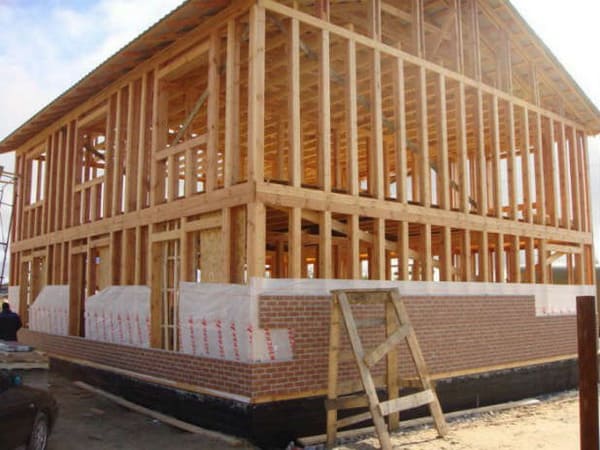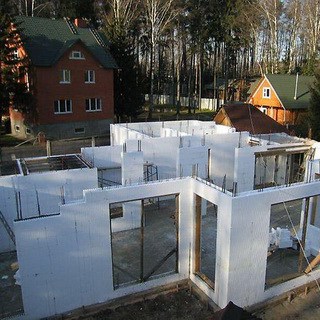Technology is changing the world at all levels of our personal and work lives but the revolution of new technologies in construction is making the sector finally move at a frantic pace.
And, until a few years ago, it was said that the construction sector was one of the least advanced digitally but, finally, it seems that something is changing and robotics, digital manufacturing, virtual reality or printing in 3D they are beginning to be part of the day-to-day construction companies and their application is already showing signs of improvements and advances throughout the sector. But, do you know how new technologies are sneaking into the construction sector?
6 trends of the new era of construction
1. Virtual Reality
This technology has revolutionized the way to simulate and visualize real estate projects. Now, thanks to virtual reality, it is much easier to share a project with people located anywhere in the world and also give much more real samples of the final product that is marketed. Gone are the old plans in two dimensions that required a lot of imagination from customers, virtual reality brings you closer to every corner of your possible new home. And, it has been shown that in our times the purchase decisions are based more on the visual aspect than on the technical aspects, that is why this technology offers very attractive solutions for companies in the construction sector. Further, Design your home online and see the results instantly.
2. Big Data
Big Data refers to the data sets that a company has and must analyze to offer a valid response to the market. These data cannot be easily studied with conventional tools but Big Data technology allows analyzing these large combinations of data sets and converting them into super valuable information for companies and their strategic decisions. The construction sector is already using the benefits offered by Big Data, for example, to set prices more objectively and in accordance with the continuous fluctuations of real estate markets.
3. 3D printing
3D printing seems to be the technology that is offering the most possibilities for the digitalization of the construction sector. A few years ago it is the preferred option for architects to make the most realistic models. And it is that these models, in addition to allowing visualization of the finished works in reduced format, allow detecting failures prior to the actual construction of the projects. In addition, in recent months 3D printing has also reached the “real world” and elements of the houses themselves, such as walls, bricks or insulating materials, are beginning to be printed. How far will this technology be able to take us?
4. Robotics
Robots are beginning to transform our way of working and it is no longer strange to see them form part of such specialized sectors as medicine, from where these automatons are trusted to perform very complex surgical operations that require great precision. The revolution of new technologies in construction is also due to the fact that these robots have begun to be part of the templates of some construction companies. The most innovative example is Hadrian X, the working robot that is revolutionizing the sector and is able to build a house in just two days or lay 1000 bricks per hour. Hadrian X is relegating workers to safer jobs that involve less physical effort, says the Australian creative company.
5. Drones
Agriculture was one of the first sectors to make efficient use of the technology offered by drones but construction has not wanted to be left behind and has begun to investigate what uses they might find useful for the sector. Everything indicates that drones will be of great help for maintenance and inspection of buildings, but currently their use is reduced to data collection, measurements or comparisons. From the height and thanks to thermographic sensors, drones offer very fast and relevant information to engineers and architects.
6. Internet of things
The Internet of Things, known by its acronym in English IoT, aims to connect to the network all objects that interact with people daily. In this way these objects will process and transmit information and increase the efficiency of companies. The construction sector has begun to take advantage of this technology and the results are already showing that professionals are more productive than ever thanks to the interconnection of all devices. In addition, the Internet of things taken to personal ground, will result in smarter and more connected houses than ever.
The revolution of new technologies in construction are advancing the sector to unsuspected limits. Do you dare to imagine what will be next?




